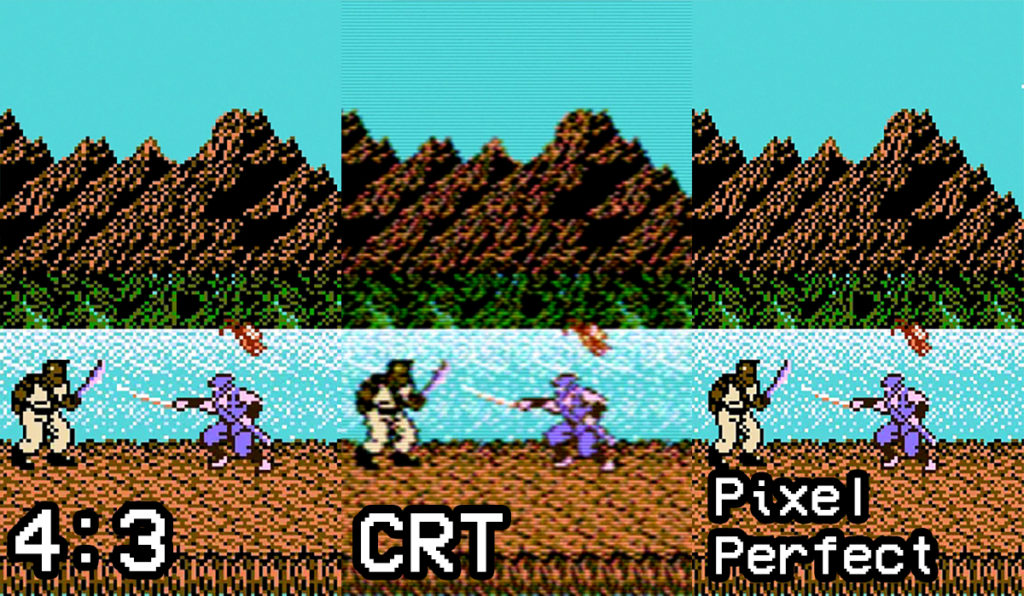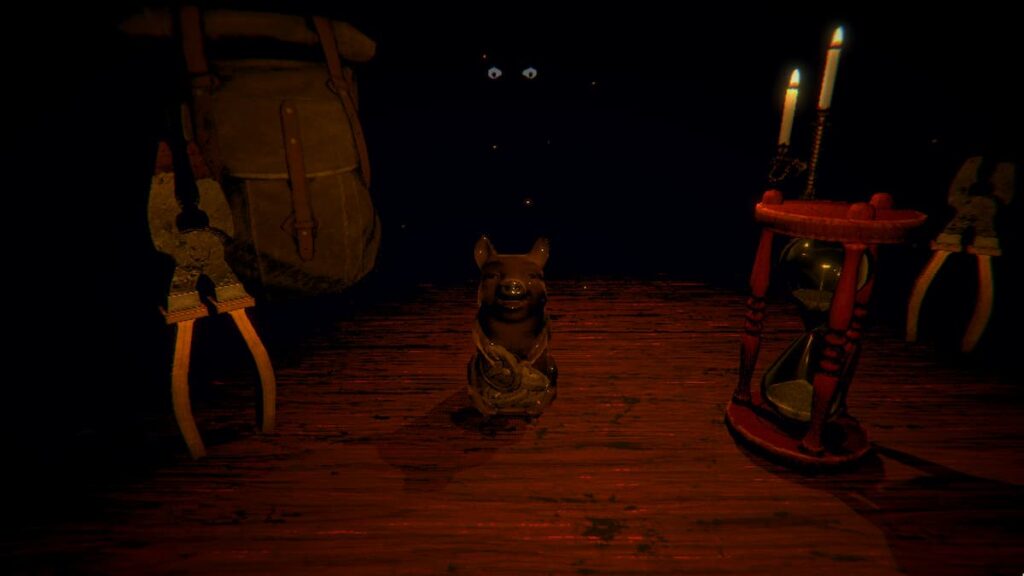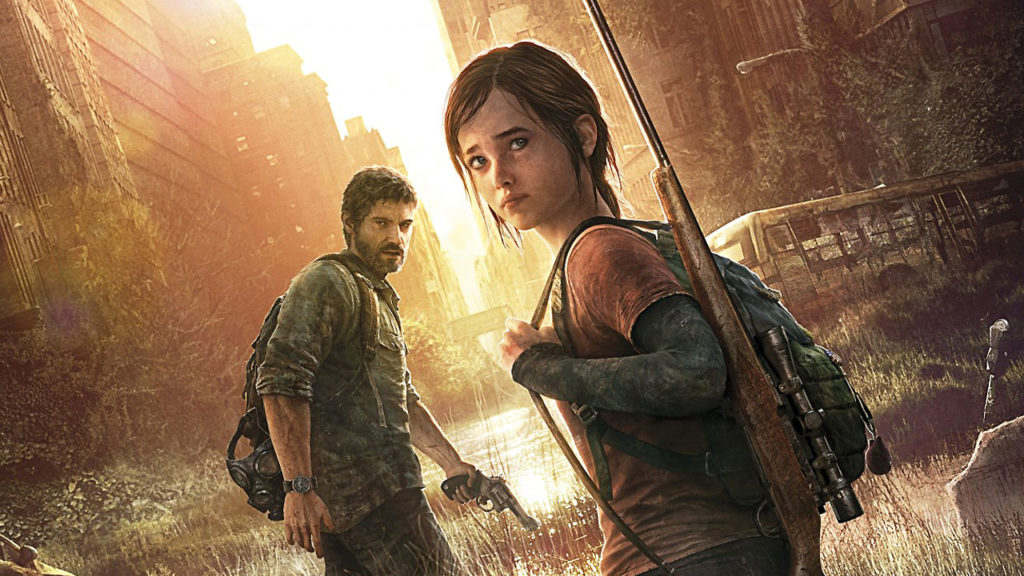For those of you who are white collar workers, imagine the following scenario. It’s happened to me more than once in real life, and perhaps it’s happened to you too …

A new bit of jargon recently crept into your industry. For now, let’s just make up a word, like … “scropely.”
Everyone starts to use it, slowly at first, but it quickly builds momentum. At first you think you understand what scropely means, but then a few people use it in a new and seemingly contradictory way. Now you’re back to square one.
At some point you’re in a large meeting. The new jargon is being tossed around freely – everyone is talking about how something is or isn’t scropely. → Arc the Post: Twilight of the Spirits








